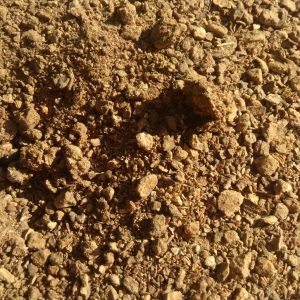Devil’s claw is a plant native to southern Africa found growing
in the Kalahari Desert, Namibia, the island of Madagascar, and few
other locations. Devil’s claw has been used as a tonic to relieve arthritis,
rheumatism, reduce fever, ease sore muscles, and to reduce
cholesterol. As an ointment used for sores, boils, and ulcers. Devil’s Claw has been used as an ointment in connection with sores, boils, and ulcers. It can also be used to cleanse the lymph system and to remove toxins from the blood. Devil’s Claw has been shown to reduce inflammation which is responsible for irritation, injury, or infection. Inflammation generally results in pain, redness, and swelling in the area of the damage.




